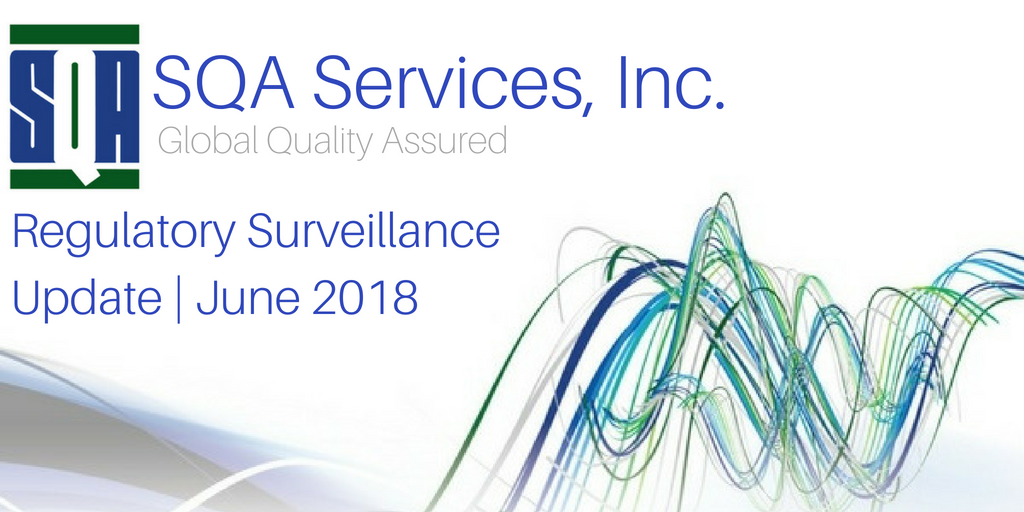European Federation for Cosmetic Ingredients (EFfCI)
European Federation for Cosmetic Ingredients (EFfCI) Good Manufacturing Practice (GMP) for Cosmetic Ingredients, Revision 2017
This document incorporates existing GMP principles, World Health Organization (WHO) GMP Guidelines for Excipients, International Pharmaceutical Excipients Council (IPEC) GMP for Bulk Pharmaceutical Ingredients 2006, and International Quality Management System requirements as developed by the International Organization for Standardization (ISO), including alignment with ISO 9001:2015. Organizations holding certification to the 2012 edition of the EFfCI GMP will need to align their Quality Management System to the 2017 edition and seek certification to it. Organizations shall have until the end of 2018 to transition to this version of the GMP Guide and standard. From the 1st of January 2019, only a certificate to EFfCI GMP: 2017 will be valid.
http://effci.com/docs/EFfCI%20GMP%20Guide%20Final%202017.2.pdf
European Medicines Agency (EMA)
New commitment allows FDA to share full inspection reports with European Commission and EMA, 23 August 2017
The European Commission (EC), the United States (US) Food and Drug Administration (FDA) and the European Medicines Agency (EMA) have signed a new confidentiality commitment that allows the US regulator to share non-public and commercially confidential information, including trade secret information relating to medicine inspections with EU regulators. This confidentiality commitment is a milestone in the ongoing implementation of the mutual recognition of inspections of medicine manufacturers and it aims to strengthen the EU-US relationship. Ultimately it will contribute to a more efficient use of inspection resources by regulators for the protection of human and animal health. The EU and the US have had confidentiality arrangements in place since 2003, allowing for the exchange of confidential information as part of their regulatory and scientific processes. However, complete exchange of information was not possible under these arrangements. The new confidentiality commitment formally recognizes that FDA’s EU counterparts have the authority and demonstrated ability to protect the relevant information. This step now allows the sharing of full inspection reports, allowing regulators to make decisions based on findings in each other’s inspection reports and to make better use of their inspection resources to focus on manufacturing sites of higher risk.
Eudralex – Volume 4 – Good Manufacturing Practice (GMP) Guidelines
Eudralex Volume 4, Part IV: Guidelines for Good Manufacturing Practice Specific to Advanced Therapy Medicinal. Products, 22 November 2017 (compliance date of 22 May 2018)
These guidelines develop the GMP requirements that should be applied in the manufacturing Advanced Therapy Medicinal Products (ATMPs) that have been granted a marketing authorization and of ATMPs used in a clinical trial setting. These guidelines do not apply to medicinal products other than ATMPs. Advanced therapy refers to new medical products that use gene therapy, cell therapy, and tissue engineering. They can be used to treat diseases or injuries, such as skin in burns victims, Alzheimer’s, and cancer or muscular dystrophy, and have huge potential for the future of medicine (https://ec.europa.eu/health/human-use/advanced-therapies_en).
Health Canada
Good Manufacturing Practice Guide for Drug Products, GUI-0001, issued date of 28 February 2018, implementation date of 01 October 2018
These guidelines interpret the requirements for good manufacturing practices (GMP) in Part C, Division 2 of the Regulations. They were developed by Health Canada in consultation with stakeholders. Guidance documents like this one are meant to help industry and health care professionals understand how to comply with regulations. They also provide guidance to Health Canada staff, so that the rules are enforced in a fair, consistent and effective way across Canada. Health Canada inspects establishments to assess their compliance with the Food and Drugs Act and associated regulations. When we conduct an inspection, we will use this document as a guide in assessing your compliance with GMP requirements.

